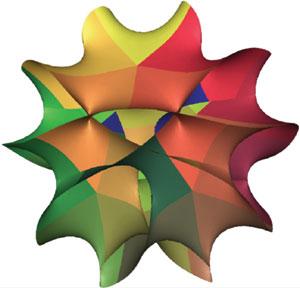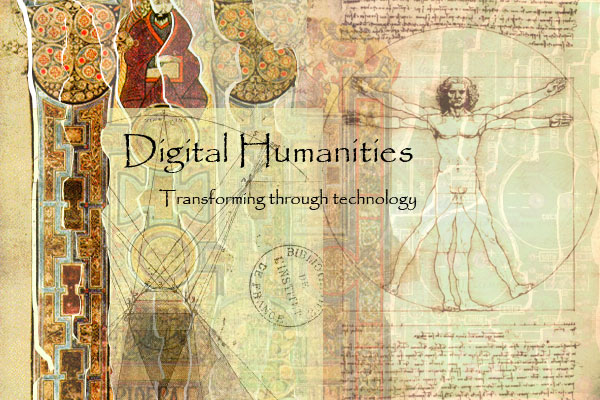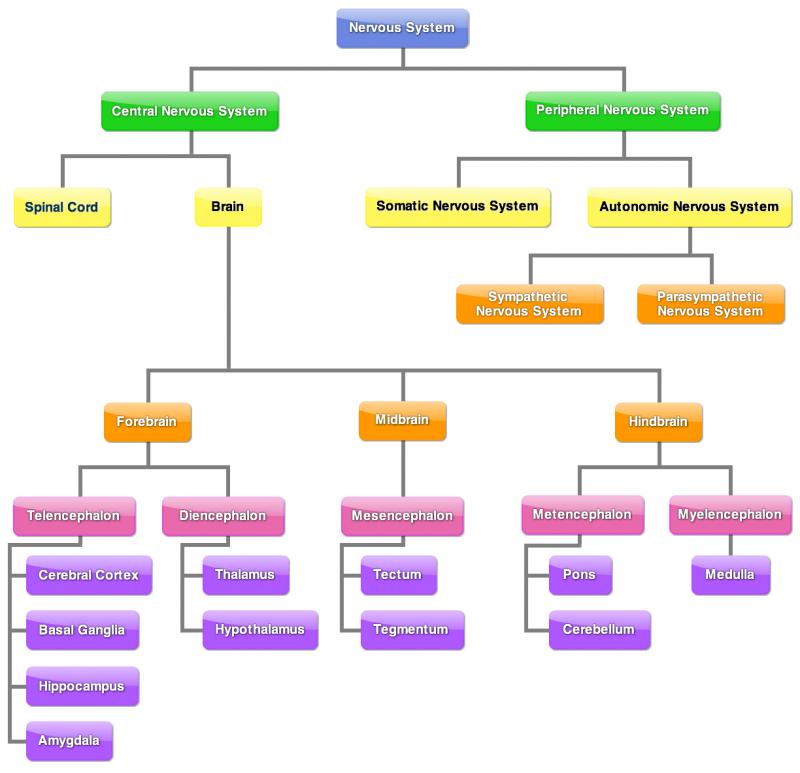Serendip is an independent site partnering with faculty at multiple colleges and universities around the world. Happy exploring!

In Class/OutClassed: Instructions for Weekly On-Line Postings

To register for a Serendip account,
* go to the course webpage
* click on the Login link (top, right of page), then
* click on Create New Account;
* you MUST use your bi-college e-mail address
* but your user-name doesn't have to be your name

In Class/OutClassed: Instructions for Preparing Your Final Web Portfolio

In this web portfolio, due by 12:30 on Friday, December 16, we are asking you to reflect on the written and spoken work you have done for this course. This process invites you to chronicle what has happened in your evolution both as a writer and a speaker in class, and to contribute to and assist us with the evaluation of your work. So--


 The central nervous system (CNS) is made of the brain and the spinal cord and the peripheral nervous system (PNS) is made of nerves. Together they control every part of your daily life, from breathing and blinking to helping you memorize facts for a test. Nerves reach from your brain to your face, ears, eyes, nose, and spinal cord... and from the spinal cord to the rest of your body.
The central nervous system (CNS) is made of the brain and the spinal cord and the peripheral nervous system (PNS) is made of nerves. Together they control every part of your daily life, from breathing and blinking to helping you memorize facts for a test. Nerves reach from your brain to your face, ears, eyes, nose, and spinal cord... and from the spinal cord to the rest of your body.
